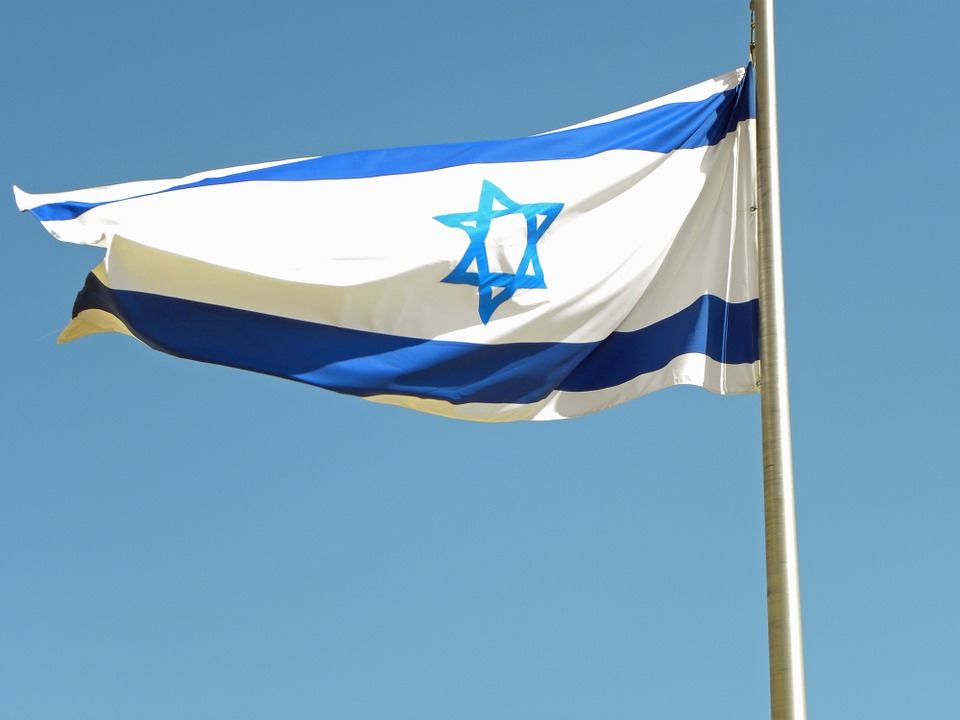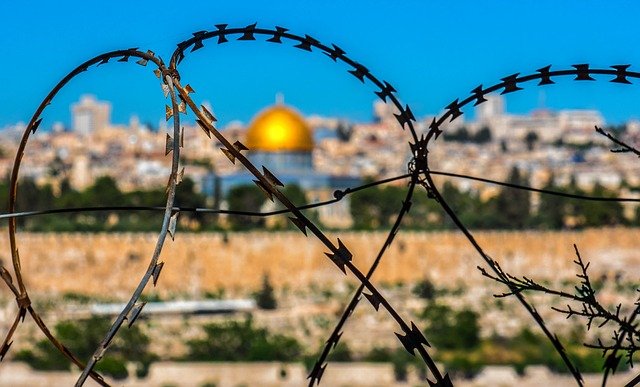Breaking
- MENU

Ben & Jerry’s recent decision to discontinue business in the occupied West Bank, together with the high degree of media and political attention the decision has generated, provides us with a welcome opportunity to clarify our position on the thorny subject of settlement boycott.
We are a Zionist organization, a long-time member of the American Zionist Movement, and a constituent of the World Zionist Organization (WZO), where we caucus with our progressive friends and allies from Israel and around the world via the World Union of Meretz. It goes without saying that we support the continued secure existence of the State of Israel, which we regard both as the homeland of the Jewish people and a state that must belong to all its citizens equally.
And we firmly believe that, if Israel is to be a democracy of predominantly Jewish character, it must reach a two-state political settlement with the Palestinian people based on the pre-war 1967 borders. We reject the notion that 21st century Zionism cannot be compatible with full human and civil rights and equality for all Israelis, regardless of religion or ethnicity.
A decade ago, we adopted a landmark position, becoming the first Zionist organization in the U.S. to issue a call to refrain from buying products and services from the Israeli settlements in the militarily occupied territory, while at the same time – and this part is too often overlooked – encouraging Americans to buy products made in Israel, that is, within the Green Line boundary that separates legal and sovereign Israel from the illegal civilian Israeli presence and military occupation.
We took this step, as we made it clear at the time, in order to reject both the wholesale boycott of Israel encouraged by the Global BDS (Boycott, Divestment, Sanctions) Movement and the legacy Jewish American establishment’s support of the Israeli government’s creeping anti-democratic annexation of the occupied territories.
Ten years later, however, our organization no longer calls for a settlement boycott. So, what has changed? First, the terms of reference. Owing to the success of the Netanyahu government and of pro-annexation elements in the WZO and the American Jewish establishment, the call for a settlement boycott has become erroneously and maliciously, but effectively, swept into the definition of BDS used by many in the United States and Israel.
Even worse, this mistaken conflation of two very different approaches has also been codified: 1) by Israel’s Knesset in July 2011, in one of the most egregious pro-annexation laws it has ever passed, and 2) by an October 2019 WZO resolution, which we failed to defeat, that based itself on the noxious Israeli statute.
Let us be clear: We do not regard a settlement boycott as in any way part of the BDS movement, and we vehemently reject right-wing turns of phrase, such as “partial BDS” or “targeted BDS,” that have misleadingly made it seem so. In fact, we regard those who argue that settlements in the occupied territories have “no less and no more legitimacy than the State of Israel” – a category that now includes, unfortunately, mainstream Israeli political figures from the centre in addition to the right – to be true anti-Zionists and an existential threat to Israel’s wellbeing. To those among this group who claim to support a two-state solution, we say: Supporting settlement and annexation in practice while claiming to favour the two-state solution is logically and politically incompatible.
In Israel, our allies in Meretz have called for the Knesset to repeal the ruinous Israeli statute that equates any legitimate boycott of settlement products with global BDS. We support their effort. Here in the U.S., however, we suspended our 2011 boycott call in order to focus on our more fundamental political aim, i.e., educating Americans about the illegitimacy of the occupation, the settlements, and the de facto annexation process of which they are an integral part, and to which the U.S. government has, sadly, given support.
Stepping away from a settlement boycott effort also represents an effective use of organizational resources: Settlement exports to the U.S. are limited, so our prior boycott call was always much more about maintaining the political viability of the Green Line than about exerting any sort of economic pressure. Israel’s labelling practices added to the dilemma, making it difficult for consumers to distinguish West Bank settlement produce from actual Israeli produce; U.S. customs policy, especially under Trump, compounded the challenge. Unwilling to have Americans mistakenly boycott Israel rather than the settlements alone, we thought it prudent many years ago to remove ourselves from this largely symbolic and misconstrued area of activity.
Deactivating our settlement boycott call must in no way be misinterpreted as acquiescence to the annexationist discourse that seeks to legitimize the expansionist Israeli settlement operation. In fact, nothing could be further from the truth.
As we noted in a policy statement back in 2010, we must “draw a line at the Green Line” since “[e]fforts to erode that line – by both detractors and supporters of Israel – reduce the chances for agreement, prolong the occupation, and undermine Israel’s right to exist in peace and security. All those who refuse to recognize the Green Line as the political basis for legitimacy and the geographic basis for compromise,” we said at the time and still say today, “are contributing to the delegitimization of Israel.”
Note: This article was originally published in Partners for Progressive Peace and has been reproduced under arrangement. Web Link
As part of its editorial policy, the MEI@ND standardizes spelling and date formats to make the text uniformly accessible and stylistically consistent. The views expressed here are those of the author and do not necessarily reflect the views/positions of the MEI@ND. Editor, MEI@ND: P R Kumaraswamy

Professor Paul Scham is the Executive Director of the Gildenhorn Institute for Israel Studies at the University of Maryland and he blogs Partners for Progressive Peace.

We have all now recognized that, despite our best efforts, the once progressive State of Israel is c.....

Pardon me, but has anyone realized that the conflict between Israel and the Arab states, which defin.....

My Israel Horizons colleague and friend Ron Skolnik, in his neighbouring column in this issue (page .....

The current Rashida Tlaib/Ilhan Omar debacle has received more attention from every quarter than vir.....
